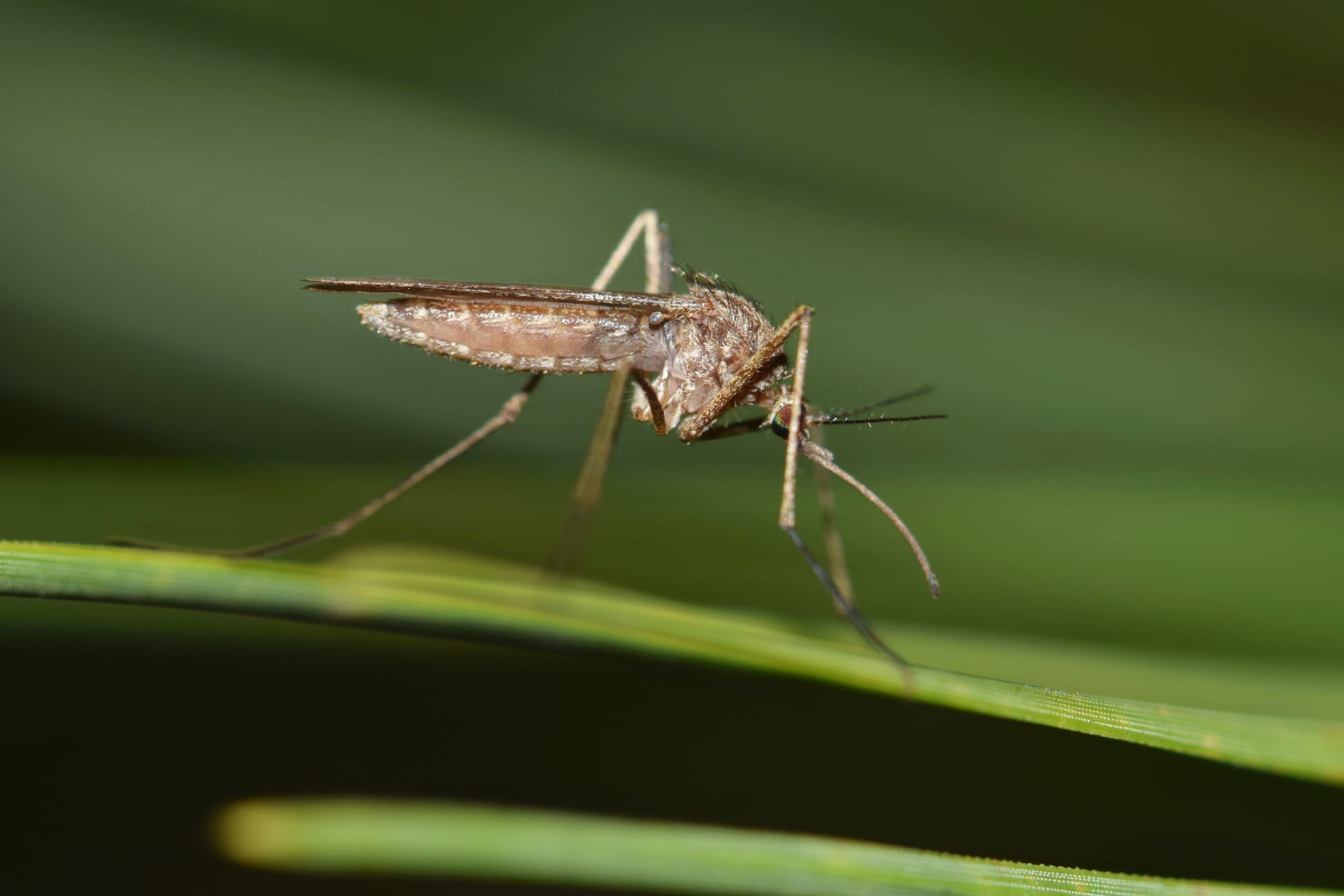
Mosquitoes transmitting the West Nile virus are not uncommon in the region, with cases of infected Kentuckians dating back to at least 2002.
While 80% of infected people never experience symptoms, it can cause headaches, body aches, joint pains, vomiting, diarrhea, or a rash. Most recover completely, but fatigue and weakness can last for weeks or months.
Serious complications may develop in about 1 in 150 people infected with the WNV, according to the Centers for Disease Control and Prevention (CDC).
- Symptoms of severe illness include high fever, headache, neck stiffness, disorientation, tremors, convulsions, muscle weakness, vision loss, numbness and paralysis.
- Severe illness can occur in people of any age; however, people over 60 years of age are at greater risk. People with certain medical conditions, such as cancer, diabetes, hypertension, kidney disease, and people who have received organ transplants, are also at greater risk.
- Recovery from severe illness might take several weeks or months. Some effects to the central nervous system might be permanent.
- West Nile virus can be fatal for about 1 out of 10 people who develop a severe illness affecting the central nervous system.
If you do suspect you are experiencing symptoms related to West Nile virus, seek medical attention.
Prevention
With no vaccines to prevent infection and no medications for treatment, the best way to avoid complications is to avoid mosquito bites:
- Use insect repellents when you go outdoors. Repellents containing DEET, picaridin, IR3535, and some oil of lemon eucalyptus and para-menthane-diol products provide longer-lasting protection. To optimize safety and effectiveness, repellents should be used according to the label instructions.
- When weather permits, wear long sleeves, long pants and socks when outdoors. Mosquitoes may bite through thin clothing, so spraying clothes with repellent containing permethrin or another EPA-registered repellent will give extra protection. Don’t apply repellents containing permethrin directly to skin. Do not spray repellent on the skin under your clothing.
- Take extra care during peak mosquito biting hours of early morning and dusk. Take extra care to use repellent and protective clothing from dusk to dawn or consider avoiding outdoor activities during these times.
Mosquito proofing your home can also be helpful. Install or repair screens on windows and doors to keep mosquitoes outside. Help reduce the number of mosquitoes around your home by emptying standing water from flowerpots, gutters, buckets, pool covers, pet water dishes, discarded tires and drain birdbaths on a regular basis.









